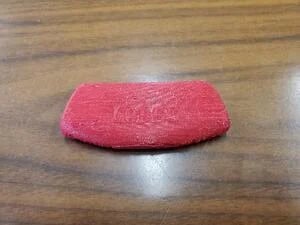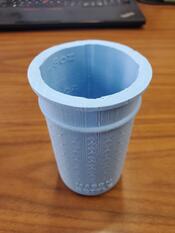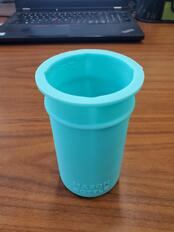Recent Posts
- Why Prototype Testing is Important in Product Development
- 5 Common Mistakes to Avoid in Product Development
- How We've Recycled Thousands of Pounds of Silicone
- STL vs STP File Types: What’s the Difference & Which to Use?
- Injection Molding vs 3D Printing: What's the Difference?
- Guide to Mold Manufacturing & Its Processes
- State Of The Business
- What is Silicone Made of, Its Uses & Benefits
- How Long Does it Take to Manufacture & Launch a New Product?
- 8 Ways Artificial Intelligence is Transforming the Silicone Injection Mold Industry




.jpg?width=174&height=232&name=20201201_123436%20(1).jpg)